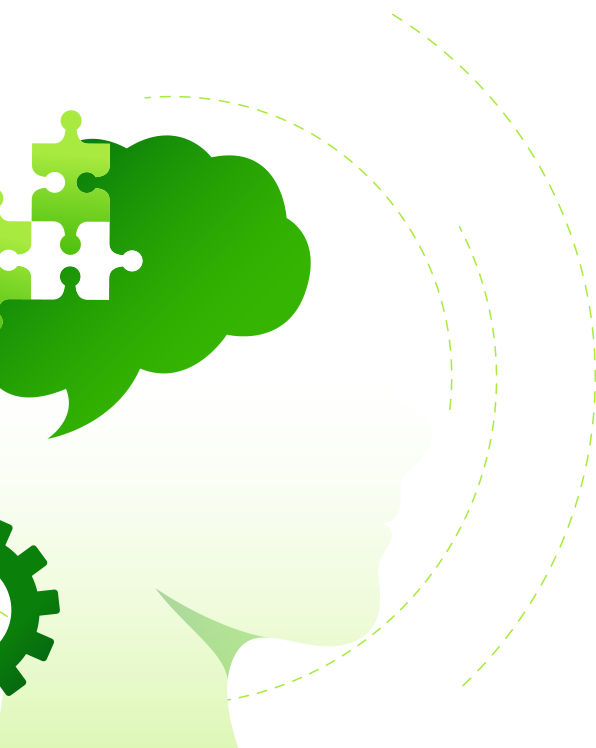
We Each Have a Filter
Each and every one of us have had our own unique experience of life.
None of us have lived an identical existence. Not even siblings, or twins.
Although we may have shared similar experiences, our life history is different to every other living person.
We make sense of the world based on our personal experience of the world. Thus the way we view things is in accordance with our unique experience, and therefore we all have our own unique filter that we place over the top of it.
Our interpretation of the world feels totally valid to us because what we think is based on what we have experienced, and therefore it is our truth. The challenge lies in the fact that every single one of us has their truth, but that every truth differs slightly.
As a result of this, we believe in different things, moreover, we believe in different ‘rights’ and ‘wrongs’.
Example 1:
Family A believe you should eat your evening meal together, and use this time to discuss your day.
Family B believe you eat when you are hungry, you are all on different schedules, so you catch up with each other as, and when you can.
Family A use filter A
Family B use filter B
When a member of family A visits family B’s house at mealtimes, things don’t feel right because it differs from the filter they know to be ‘right’.
The family A visitor may think family B’s approach is better, causing them to wonder if their approach is ‘wrong’. They may wish to adopt family B’s approach within their own family. Or, the family A visitor may think family B’s approach is ‘wrong’, because, for them, it’s not how meal times ‘should’ be conducted.
The word ‘should’ appears when one person’s filter doesn’t align with another person’s filter. A person’s truth has been disrupted. This person uses the word ‘should’ to validate their filter as the ‘right’ one.
The problem is that technically no person’s filter is any more ‘right’ or ‘wrong’ than the next person’s. It only seems that way because of the existence of our own filter, and in these moments we can feel extremely uncomfortable.
When we experience a clash of filters, we often feel wronged, offended, hurt, invalidated, or disrespected etc.
We often make the assumption that the other person knows they have hurt us, because in this moment we are viewing the situation through our own filter “I wouldn’t treat them like that”. But, that doesn’t account for the presence of the second filter, the one where the other person stands by their truth as firmly as you stand by yours.
This can be especially hard to navigate when the clash of filters occurs within the same family, within a relationship, within a friendship, or a close working relationship.
When a stranger thinks and acts very differently from us, we are usually able to separate ourselves from the variation in filter, because we are less likely to be impacted by it.
The closer someone is to us, or the greater the effect someone could have on our lives, the more impacted we are likely to be, so the more aggrieved we can become.
Example 2
If someone is preaching about something in the street that we do not believe aligns with our life, we are likely to politely walk past.
If a member of our family suddenly begins to preach about the same thing in our home, we might have some very uncomfortable, or argumentative conversations, siding for our respective filter. Once again, it may be that neither person is ‘right’ nor ‘wrong’, just that we are coming from different viewpoints, based on our different life experiences.
Wherever reasonably, legally, and ethically possible, therapists do all that they can to be accepting of every person’s filter. Essentially risk and harm are the two greatest exceptions, but beyond that, a respect for autonomy is imperative to a therapist’s outlook on the world.
Who is one individual to say another individual is wrong when that’s their truth.
Despite this being a very challenging concept initially, the longstanding peace that comes from tolerance and acceptance, far outweighs the temporary comfort of being ‘right’.
So the next time you catch yourself using the words ‘should’, ‘right’ or ‘wrong’, ask yourself,
“Am I responding from my filter, is the other person speaking from their filter, is it possible that neither filter is any more ‘right’ or ‘wrong’ than the other? Is this a time to tolerate, and accept the difference?”


